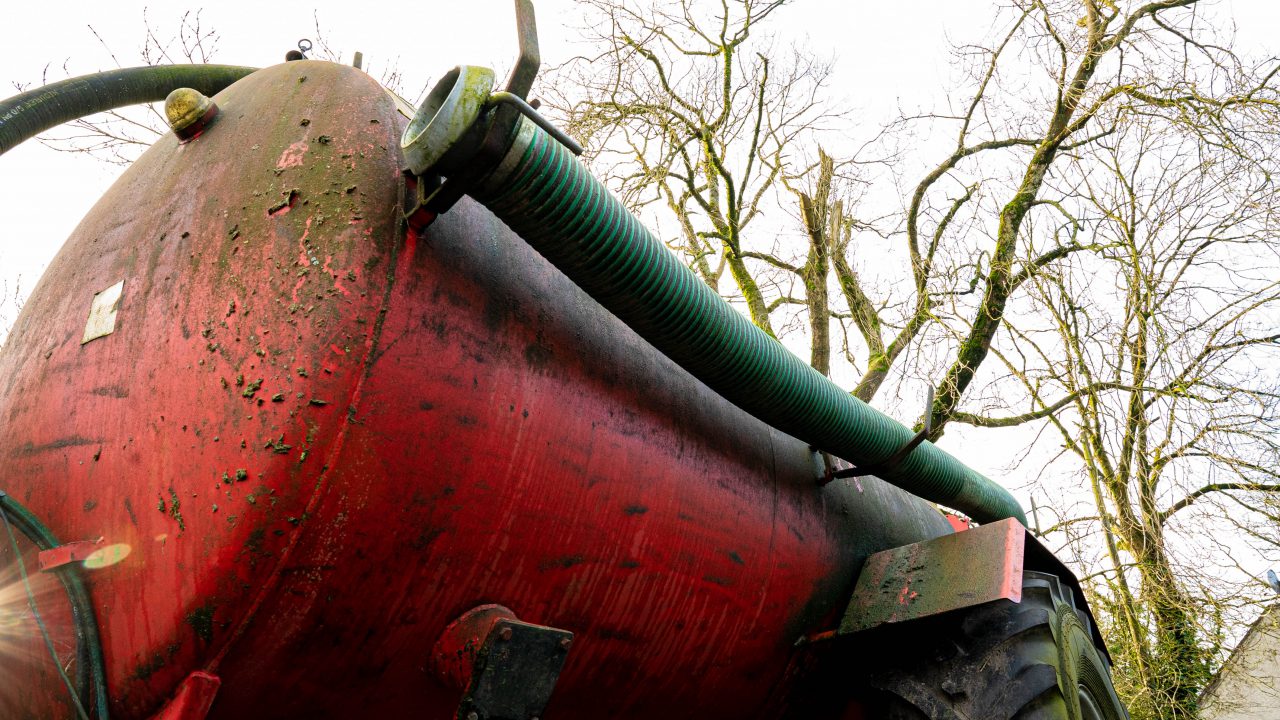Farmers who export slurry, to comply with nitrates limits, are set to have a four day timeframe in which to inform the Department of Agriculture, Food and the Marine (DAFM) of any slurry movements.
The new requirement, which will come in shortly, has been outlined as part of a number of new nitrates proposals designed to “Improve water quality”.
According to DAFM the four day window will enable the department to carry out inspections and to “verify slurry movements”.
It has also confirmed that this new timeframe will be “rolled out in the coming weeks allowing farmers sufficient time to declare any movements of manure that have already taken place in 2024.”
The department added that the tighter rules on slurry movements will enable it to “verify the actual amounts of slurry being moved with the quantities notified to DAFM, preventing disproportionate loads of nutrients being applied on some lands – an action that can have a detrimental effect on water quality”.
Slurry
Currently some farmers move slurry from farm-to-farm as a method of “exporting organic nitrogen” to stay below the 170kg of organic N/ha limit, if they are not in receipt of a derogation in 2023 – or at the 250kg of organic N/ha limit for those in receipt of a nitrates derogation in 2023.
It has been a requirement for these farmers to notify DAFM of slurry movements, but up to now they have not had to do this within a four day timeframe.
Farmers previously informed the department “long after the movement and application of slurries”.
According to DAFM “the receiving farmer “also had to verify on the DAFM’s AgFood system that they had received the slurry.
The subject of slurry management has been one of the key topics of discussion for the Agriculture Water Quality Working Group, which was set up by the Minister for Agriculture, Food and the Marine last June.
The all-industry group includes all of the major farming organisations and representatives from key government departments and agencies including Teagasc.
The group was tasked by the minister to “produce and secure industry support for a detailed plan and recommendations to reverse current negative trends and reduce pressures from Irish agriculture”.
This “plan and the associated recommendations” were then to be broken down into actions – the new four day timetable which farmers will shortly have to comply with in relation to informing DAFM of slurry movements is just one of these actions.
